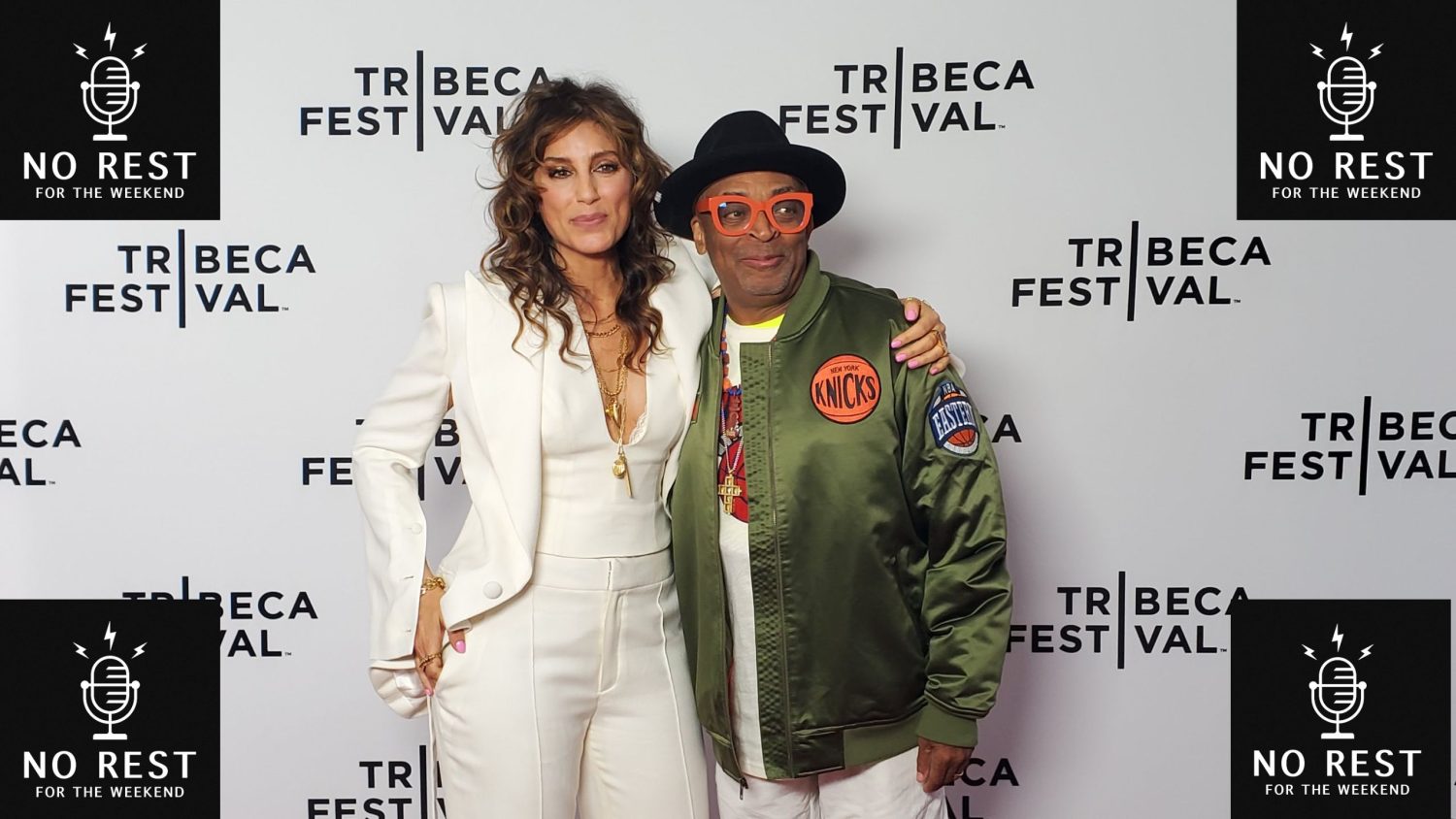Review by William J. Hammon, ActuallyPaid.com
Serving as an Opening Night feature of this year’s Brooklyn Film Festival, American Desert acts as something of a living record of art and a metaphor for the process behind its own creation. A bare-bones, micro-budget project more than five years in the making, the film itself stands as a testament to the tenacity of the two filmmakers behind it, as well as a declaration of their own talents and potential.
Directed by Adrian Bartol and co-written with its star, Will Brandt, the film is a longstanding labor of love, one undertaken almost entirely by the pair. Filming with whatever equipment they had available, with Bartol learning how to edit on the fly, the isolation felt by the lead is an intentional byproduct of the independent filmmaking process, in that long before they had a full cast, Brandt’s solo scenes were the priority for shooting. Also, in the best of traditions, there’s a number of high-quality influences on display in both the production values and the story itself. It’s not hard to find the homages without falling into the trap of becoming derivative.
Brandt stars as Matthew Benning, a veteran of the war in Afghanistan, living out of hotels thanks to unspoken PTSD and addictions to alcohol and pills. The constant red tape he has to go through in order to get clarification from the VA only furthers his anxiety. When things look their bleakest, he meets Brandi, played by Ruby Modine (best known for her work on Shameless and the Happy Death Day films, as well as being Matthew Modine’s daughter), and they quickly become a couple. Brandi has her own addiction issues, with meth being her vice, which she gets from “Uncle Bill,” played by Michael Ironside. Brandi sets Matt up with a do-nothing job at Bill’s convenience store, which is clearly a front for his drug operations, but it provides Matt with stability and a modicum of happiness, a degree of completion he’s not felt since he was in a war zone.
The bulk of the first two acts deals with Matt’s attempts at finding a balance between the good aspects of his new life and demons that still haunt him, as well as genuinely trying to help Brandi and Bill be better versions of themselves, even though they’re often combative, secretive, and act in generally untrustworthy ways. By the time Matt finally hits the proverbial bottom, the California desert itself becomes the sole object of his potential salvation. As he puts it, “The desert will either kill me, or cure me.”
The script and dialogue can get a little hammy at times, particularly during Matt’s pseudo-poetic narration of his own life, but given the heavy themes of the story, it’s more than forgivable. It’s a bit overdone, but not offensive. And given the budgetary limitations Brandt and Bartol had when they started this journey, one can argue that it’s necessary to help move things along.
Will Brandt is a relatively new actor, having done some one-off appearances on shows like Animal Kingdom and Jane the Virgin up until this point. But it’s clear he’s got some chops, as he’s able to hold his own with Modine and Ironside admirably, making Matt feel like a lived-in character alongside his more seasoned co-stars. We feel sympathy for Matt, which is half the battle with such a melodramatic character.
I also want to give massive props to Bartol for the camera work. Given that they worked with whatever equipment was on hand, he pulled off some pretty amazing desert cinematography. The color palette on the exterior shots is particularly impressive. There’s a certain unpolished feel to everything, but again, that comes by necessity, not by choice. And it sort of serves the overall narrative, as there’s a rawness to everything happening in the scenery as well as with the characters.
There are some fairly apparent influences scattered throughout the film, which helped to serve the overall thematic purpose. First and foremost is The Hurt Locker, which also focused on a veteran who felt more alive in war than in civilian life. There are also hints of other great neo-westerns like Sicario and No Country for Old Men. Then, just for good measure, Bartol gives us an almost certain homage to Requiem for a Dream during the scenes of Matt and Brandi’s drug abuse.
The idea of wandering through a desert, be it figurative or literal, is as old as the Bible itself, and it’s a story that’s been told spectacularly many times before. For Bartol and Brandt, the desert on screen might as well be their own trek to making this film and navigating the festival circuit. It has its flaws, but the endeavor means more than the finished product in most respects here. With their scant resources, they still made a film that announces they can hold their own, and that they’re ready to step into a larger world.

